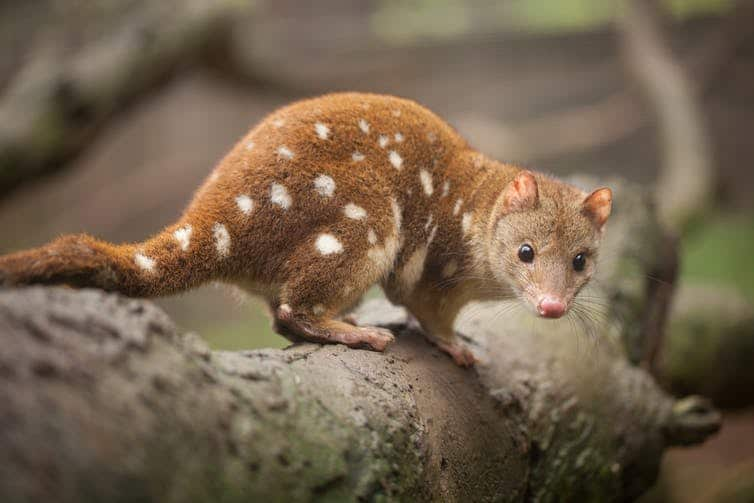Above: Dateline investigates the illegal wildlife trade in Sulawesi and how it’s wiping out rare and endemic species. Watch Sulawesi's Extinction Business On Demand.
Nearly a million species face extinction if we do not fundamentally change our relationship with the natural world, according to the world’s largest assessment of biodiversity.
Last week, in the culmination of a process involving 500 biodiversity experts from over 50 countries, and 134 governments negotiated the final form of the Global Assessment of the Intergovernmental Science-Policy Platform for Biodiversity and Ecosystem Services (IPBES).
IPBES aims to arm policy-makers with the tools to address the relationships between biodiversity and human well-being. It synthesises evidence on the state of biodiversity, ecosystems and natures’ contributions to people on a global scale.
The IPBES Global Assessment provides unequivocal evidence that we need biodiversity for human survival and well-being. To stem unprecedented species decline the assessment sets out the actions governments, the private sector and individuals can take.
If we are to halt the continued loss of nature, then the world’s legal, institutional and economic systems must be reformed entirely. And this change needs to happen immediately.

What did the Global Assessment find?
Human activity severely threatens biodiversity and ecosystem functions worldwide. About one million species are facing extinction. If nothing changes many of these could be gone within just decades.
But nature is vital to all aspects of human health. We rely on natural systems, not only for food, energy, medicine and genetic resources, but also for inspiration, learning and culture.
The report also reveals the loss of biodiversity and ecosystem function is much less pronounced on lands managed by Indigenous peoples and local communities. It also recognises the significant role of Indigenous knowledge, governance systems and culturally-specific worldviews which adopt a stewardship approach to managing natural systems.
The report identified agriculture, forestry and urbanisation as the number one reason for biodiversity loss in land-based ecosystems and rivers. In the sea, fishing has had the greatest impact on biodiversity and is exacerbated by changes in the use of the sea and coastal lands.
This is followed closely by:
- the direct use of species (primarily through harvesting, logging, hunting and fishing)
- climate change
- pollution
- the invasion of non-native species.
These factors are aggravated by underlying social values, such as unsustainable consumption and production, concentrated human populations, trade, technological advances, and governance at multiple scales.
What must be done?
Image
The Global Assessment puts forward these next, urgent steps:
- we need to redefine human well-being beyond its narrow basis on economic growth
- engage multiple public and private actors
- link sustainability efforts across all governance scales
- elevate Indigenous and local knowledge and communities.
The report also recommends strengthening environmental laws and taking serious precautionary measures in public and private endeavours. Governments must recognise indivisibility of society and nature, and govern to strengthen rather than weaken the natural world.
What can I do?
Produce and consume sustainably
Individuals can make meaningful change through what we produce and what we buy. Our food is an important starting point. You could, for instance, choose local or sustainably produced meals and reduce your food waste.
Champion the inclusion of Indigenous peoples and local communities
Indigenous and local communities need to be included and supported more than ever before. The Global Assessment provides clear evidence that lands managed by Indigenous and local communities are performing better in terms of biodiversity. Still, these lands face serious threats, and Indigenous communities continue to be marginalised around the world.
Provoke governments to do better
Current biodiversity laws and policies don’t adequately address the threats to the natural world. The report recommends the world include biodiversity considerations across all sectors and jurisdictions to prevent further degradation of natural systems. We have an important role in rallying our governments to ensure this occurs.
We are losing biodiversity at record-breaking rates. The majesty of the natural world is disappearing and with it that which makes life worth living. We are also undermining the capacity of the Earth to sustain thriving human societies. We have the power to change this – but we need to act now.
Dateline is an award-winning Australian, international documentary series airing for over 40 years. Each week Dateline scours the globe to bring you a world of daring stories. Read more about Dateline
Have a story or comment? Contact Us

